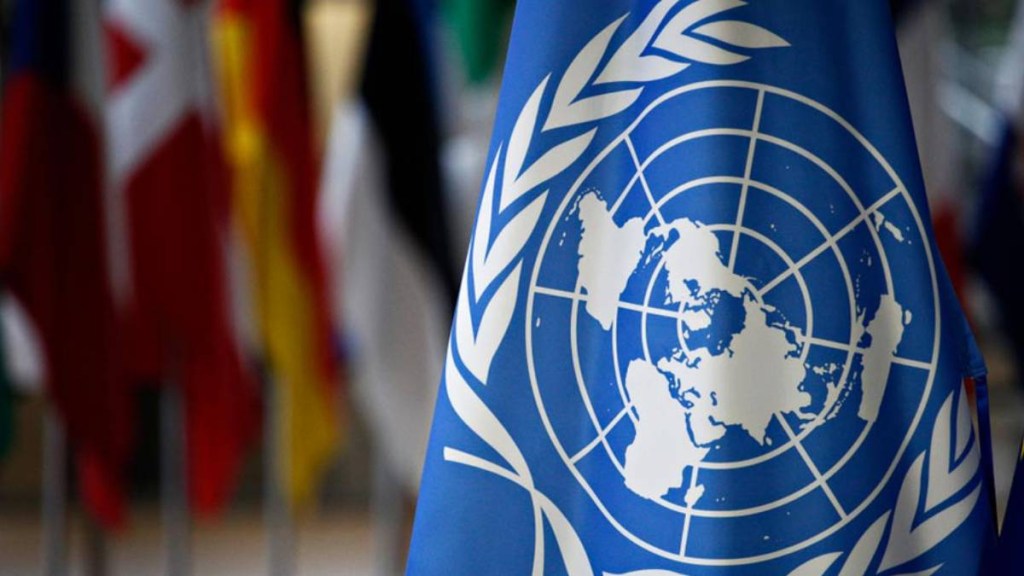External Affairs Minister S Jaishankar voiced confidence on Tuesday regarding India’s eventual permanent membership in the United Nations Security Council (UNSC), deeming it an inevitable progression but stressing the necessity for intensified efforts toward that end.
Speaking before intellectuals in Rajkot City, Gujarat, Jaishankar highlighted the imperative of diligent endeavours to secure this esteemed position.
Acknowledging the prevailing dominance of China, France, Russia, the UK, and the US as the UN’s original permanent members, the minister nonetheless noted the growing international momentum supporting India’s bid for a permanent seat.
Jaishankar delved into the historical backdrop of the UNSC’s formation, where the original five nations assumed permanent membership, highlighting the evolving global landscape with approximately 193 countries today.
He remarked on the collaborative proposals involving India, Japan, Germany, and Egypt submitted to the UN, signalling progress in the endeavour.
India’s performance in global conflicts
Jaishankar emphasised the significance of mounting pressure and said, “India should get a permanent seat. I see this feeling increasing every year. We will definitely get it. But nothing big is ever achieved without hard work…we will have to work hard, and this time we will have to work even harder.”
He cited recent stalemates over conflicts like the Ukraine war and Gaza as indicators of the UN’s perceived weakening, which could potentially bolster India’s bid for permanent membership.
Jaishankar highlighted India’s remarkable democratic performance over the past decade, underscoring the nation’s ability to thrive despite challenges. Despite the COVID-19 pandemic’s impact on global growth, India’s resilience is evident as it continues to advance towards a 7 per cent growth rate, leaving the world impressed.
Acknowledging India’s strides across various sectors, Jaishankar emphasised the country’s role as a skilled contributor to global problem-solving endeavours. He expressed the belief held by many that India, with its rapid economic expansion, has the potential to serve as the engine of global growth. Furthermore, he noted the international recognition of India’s technological prowess.
National achievements as a country
Highlighting India’s achievements in social sectors such as water access, electricity, infrastructure, health, and education, Jaishankar pointed out that global institutions like the UN acknowledge these advancements.
As India progresses economically and socially, Jaishankar stressed the importance of recognizing its potential and the world’s expectations of significant contributions on the global stage.
He said, “We should understand that being the fifth largest economy, on the way to becoming the third largest and with the biggest population, the world believes us to be talented people and expects us to contribute to resolve challenges.”
Addressing a sensitive case involving baby girl Ariha Shah’s custody situation in Germany, Jaishankar assured efforts at his level to resolve the issue. Expressing dissatisfaction with the current arrangements, he reaffirmed India’s commitment to ensuring the welfare and cultural upbringing of the child.

